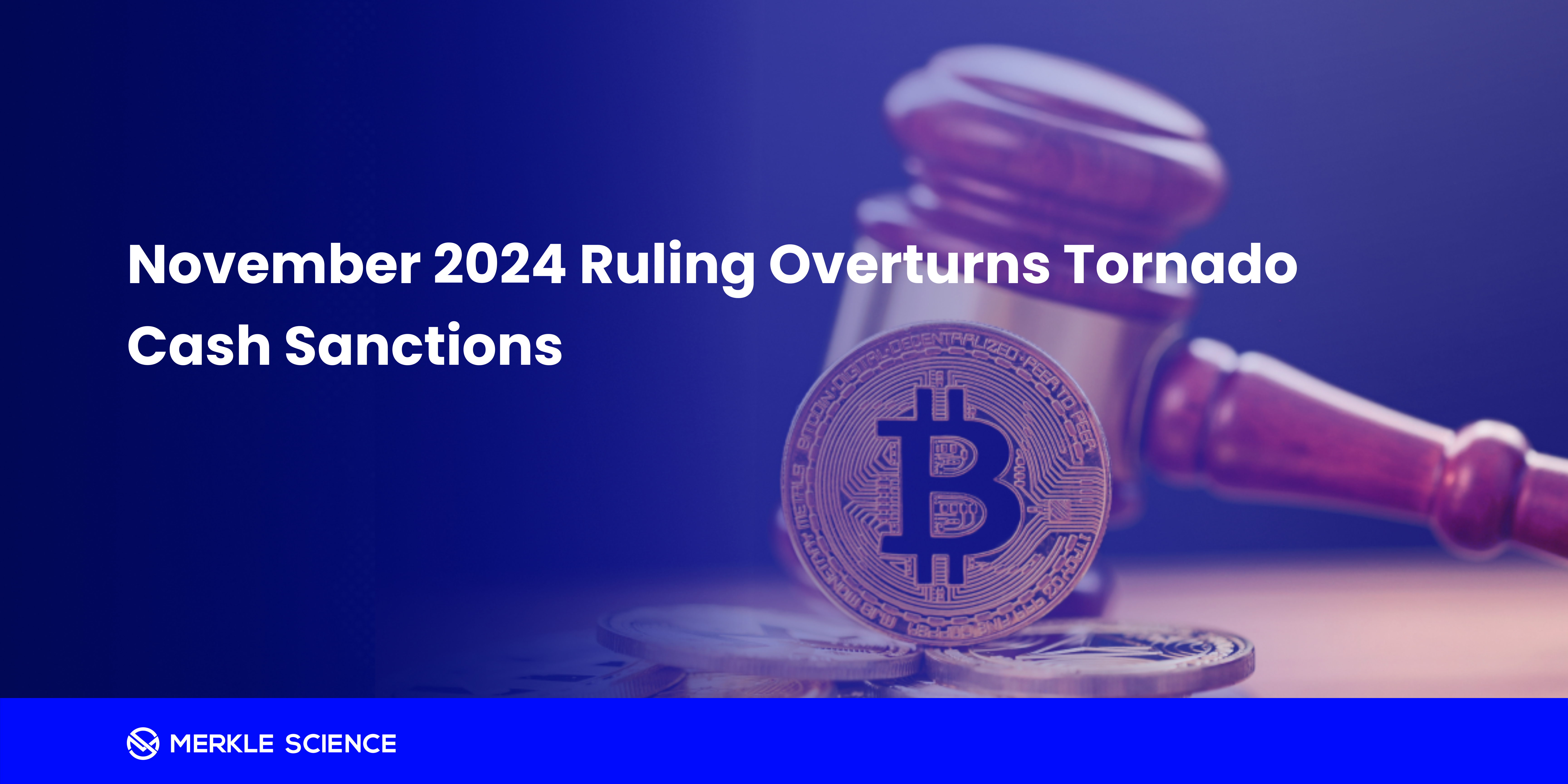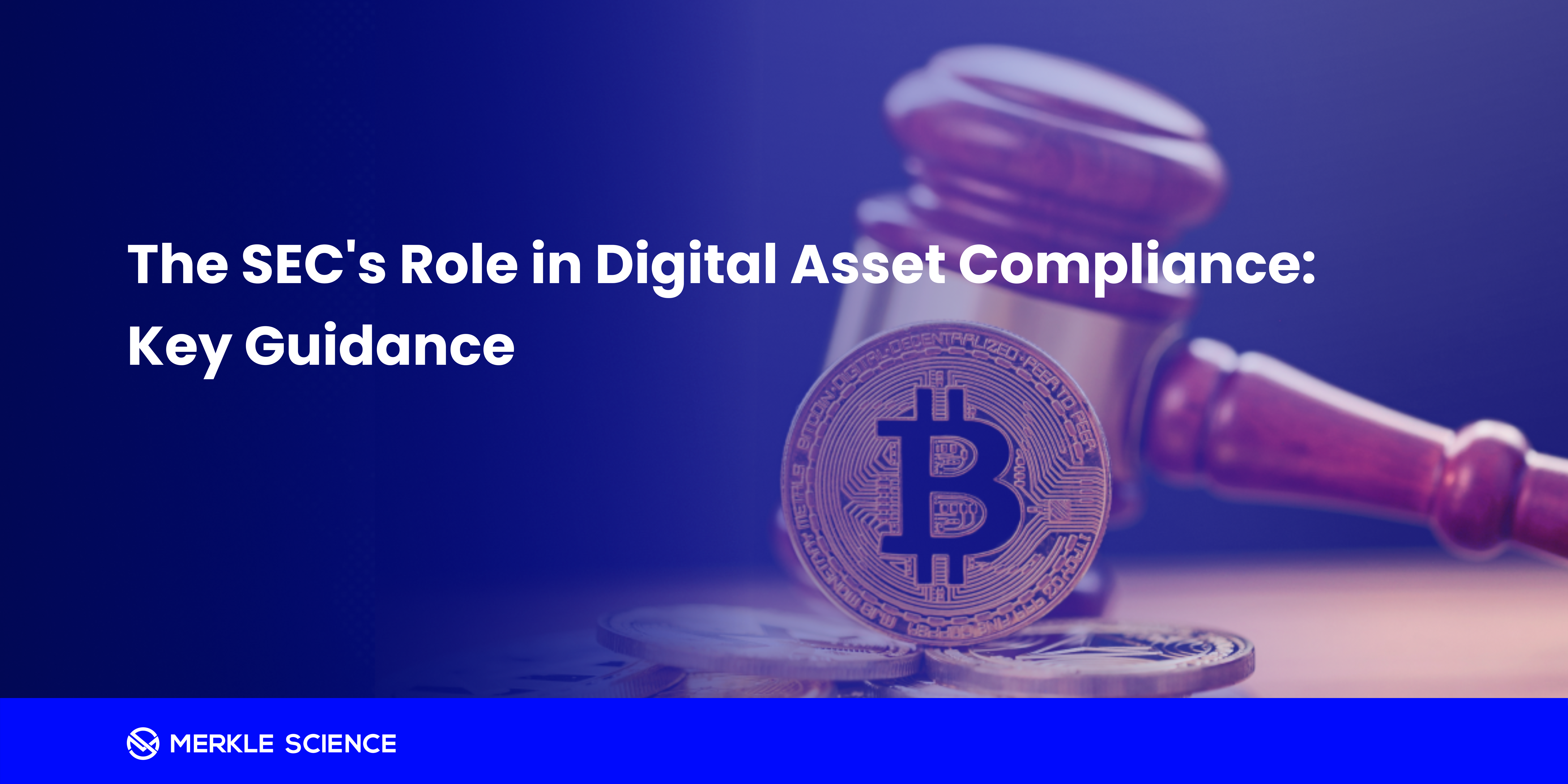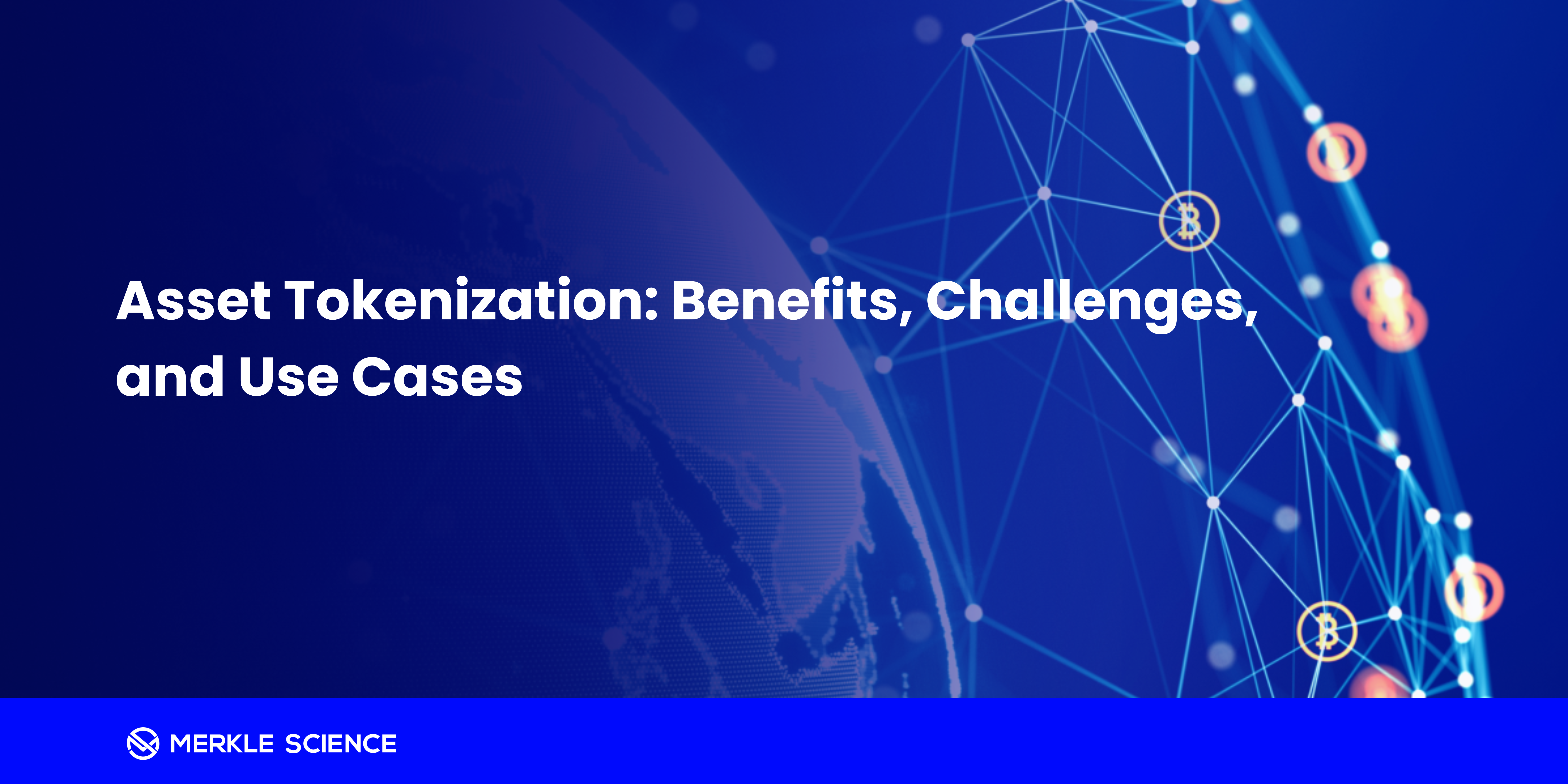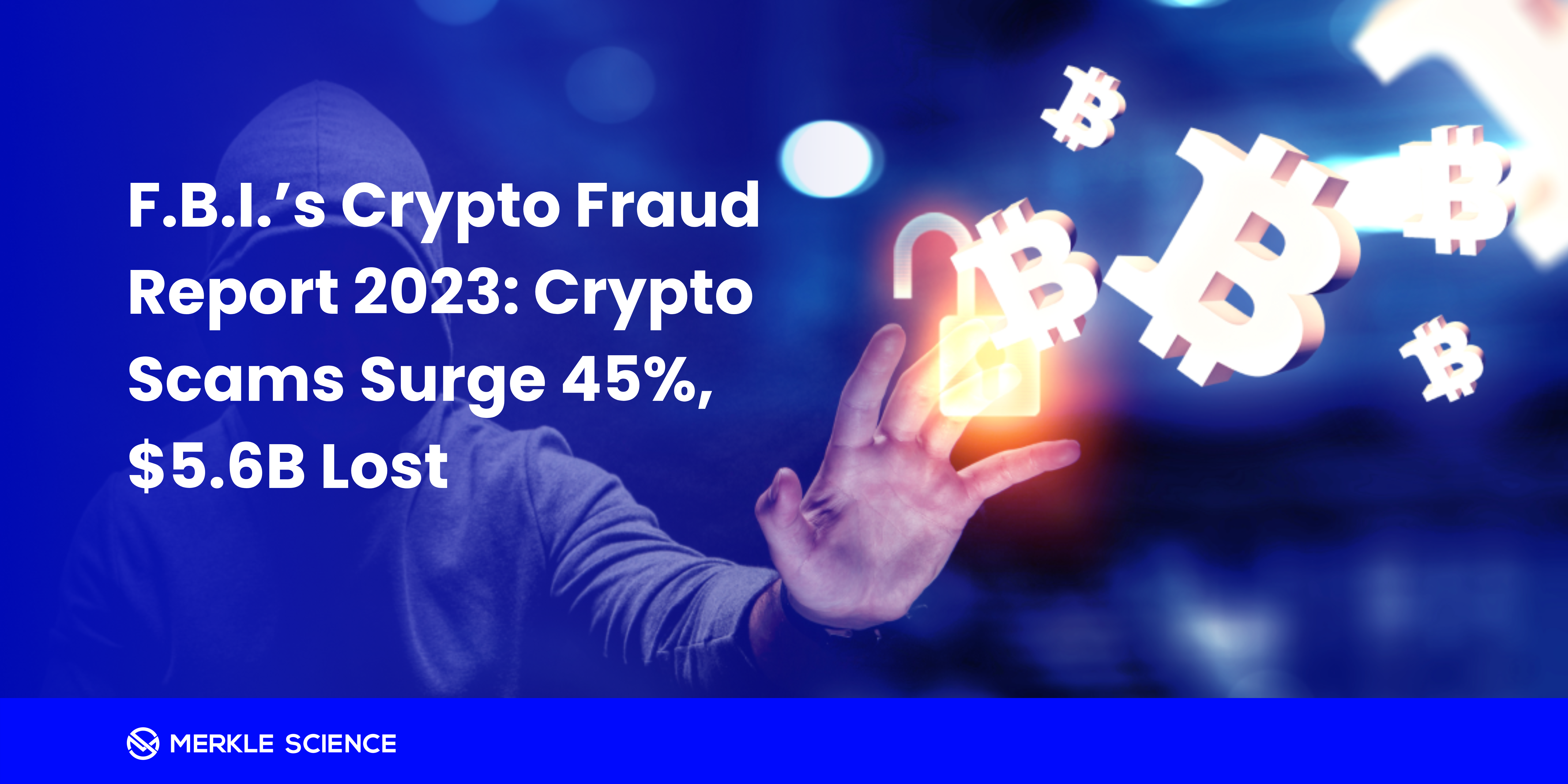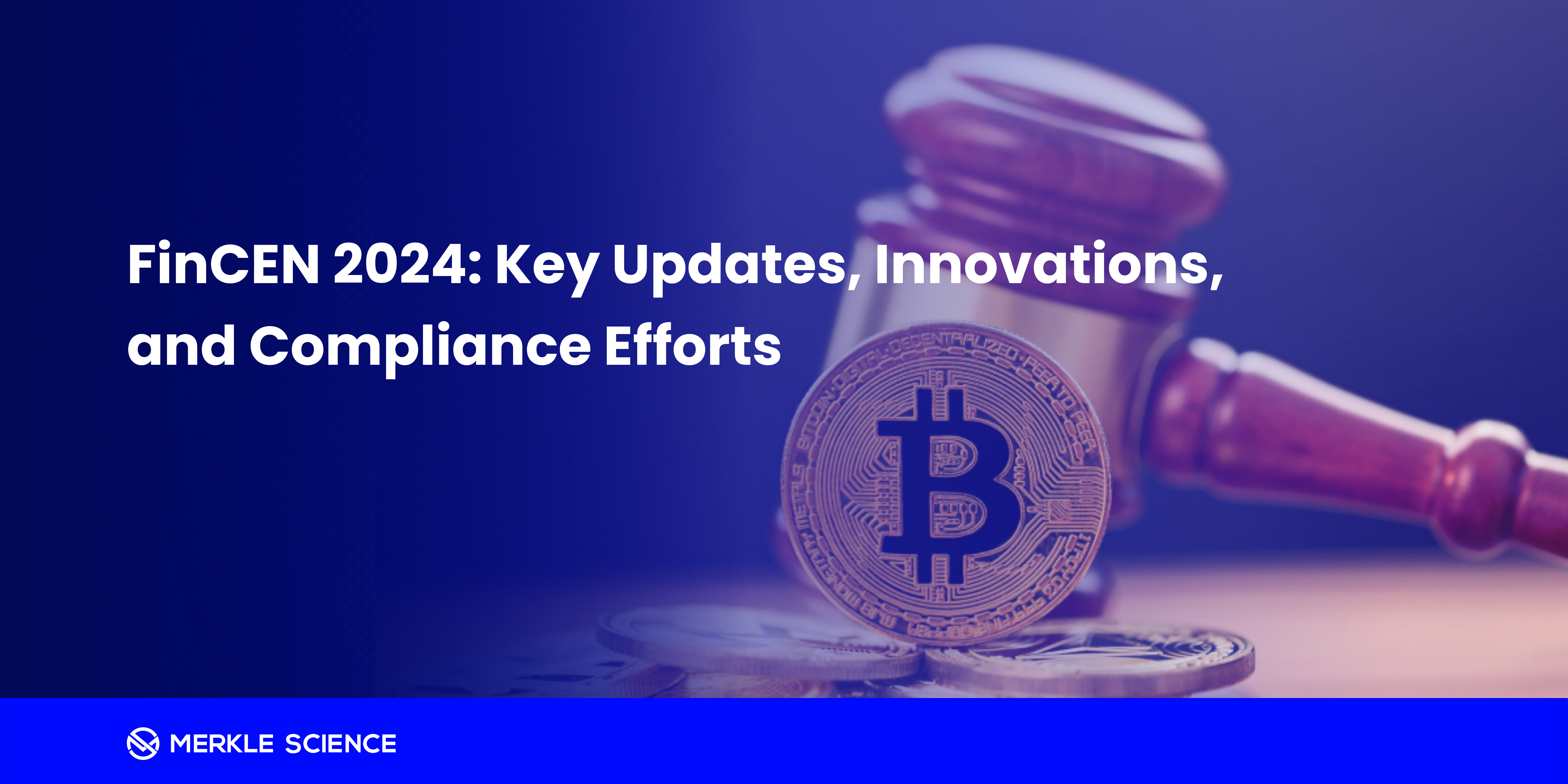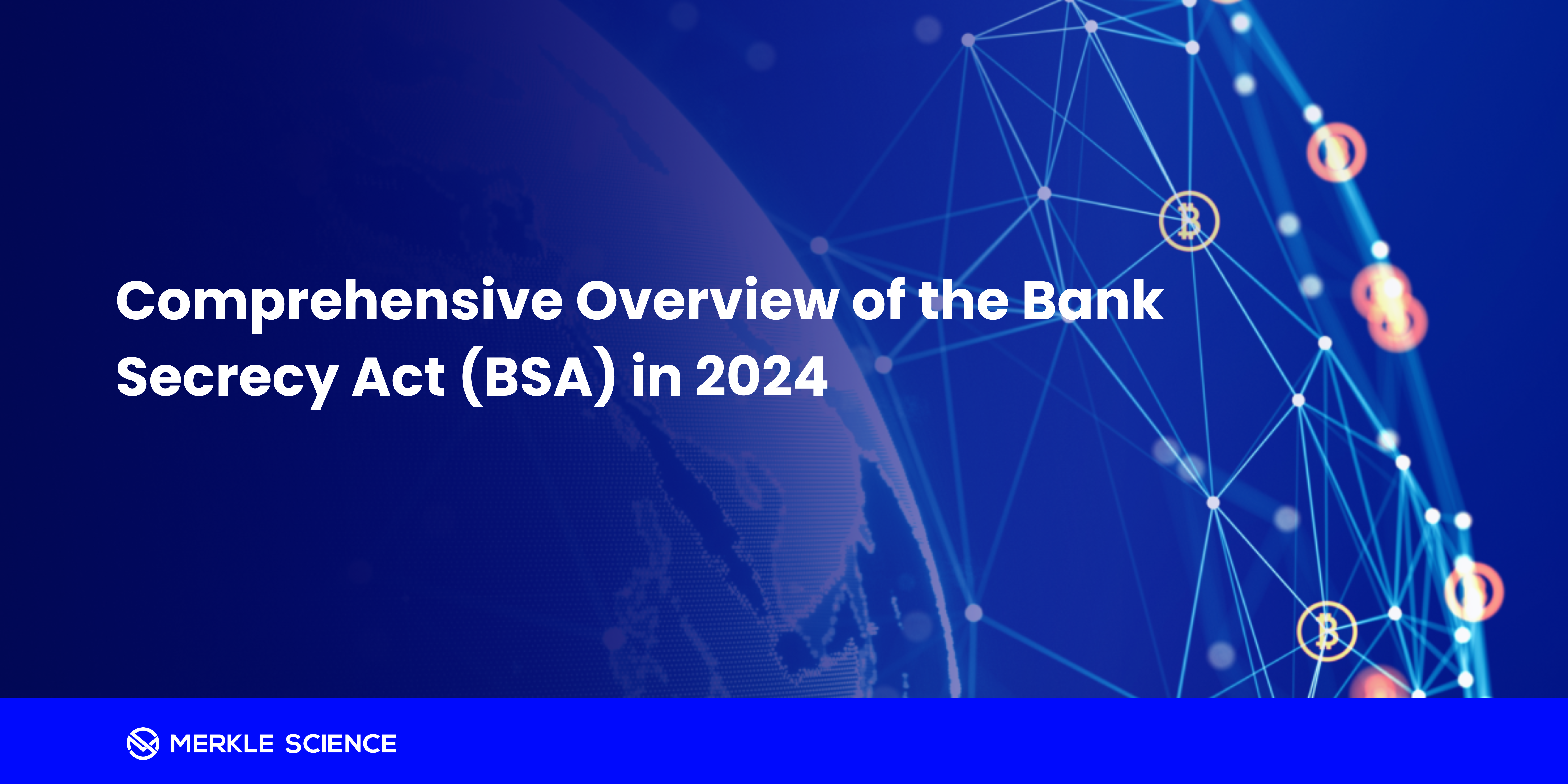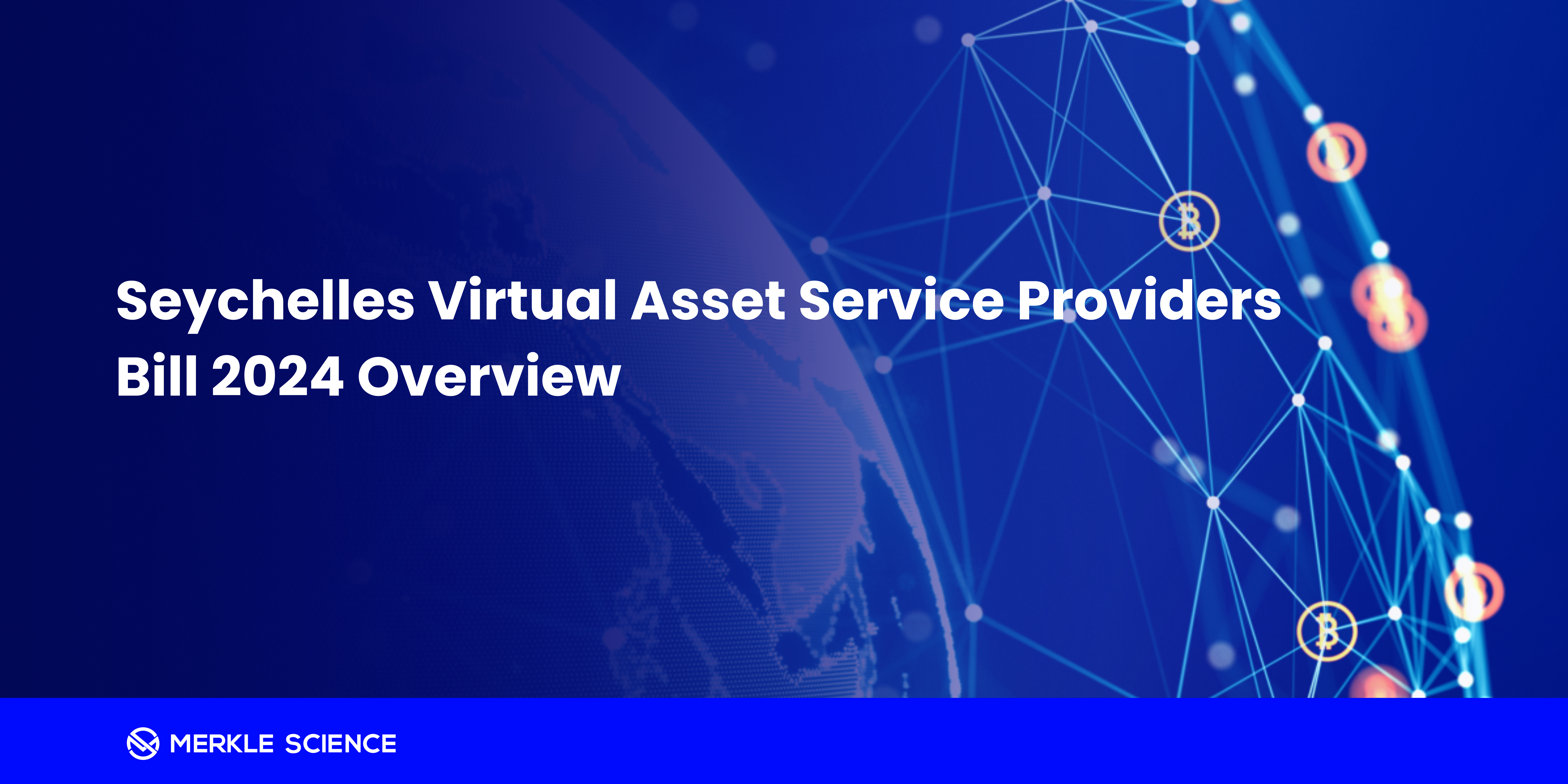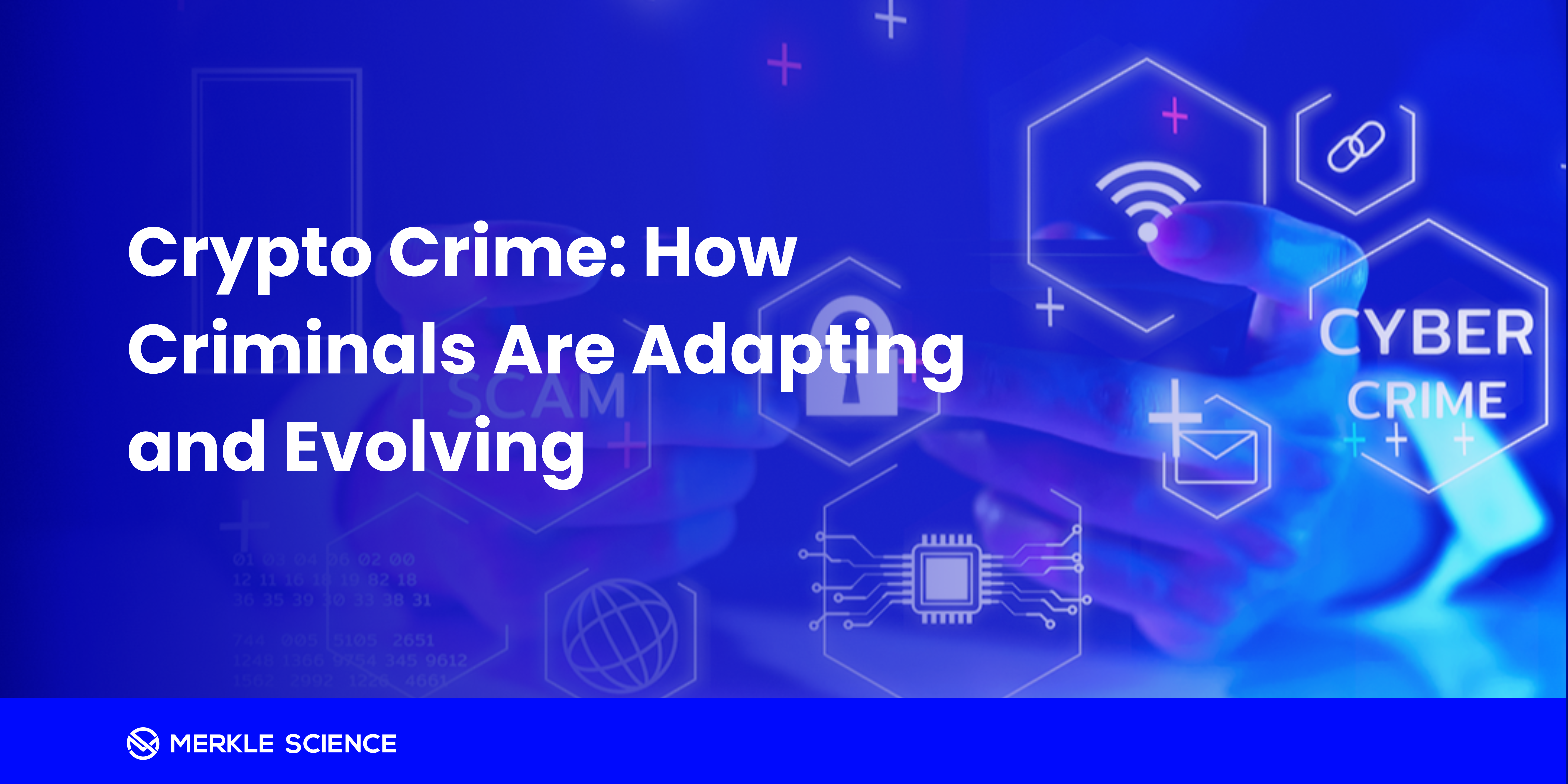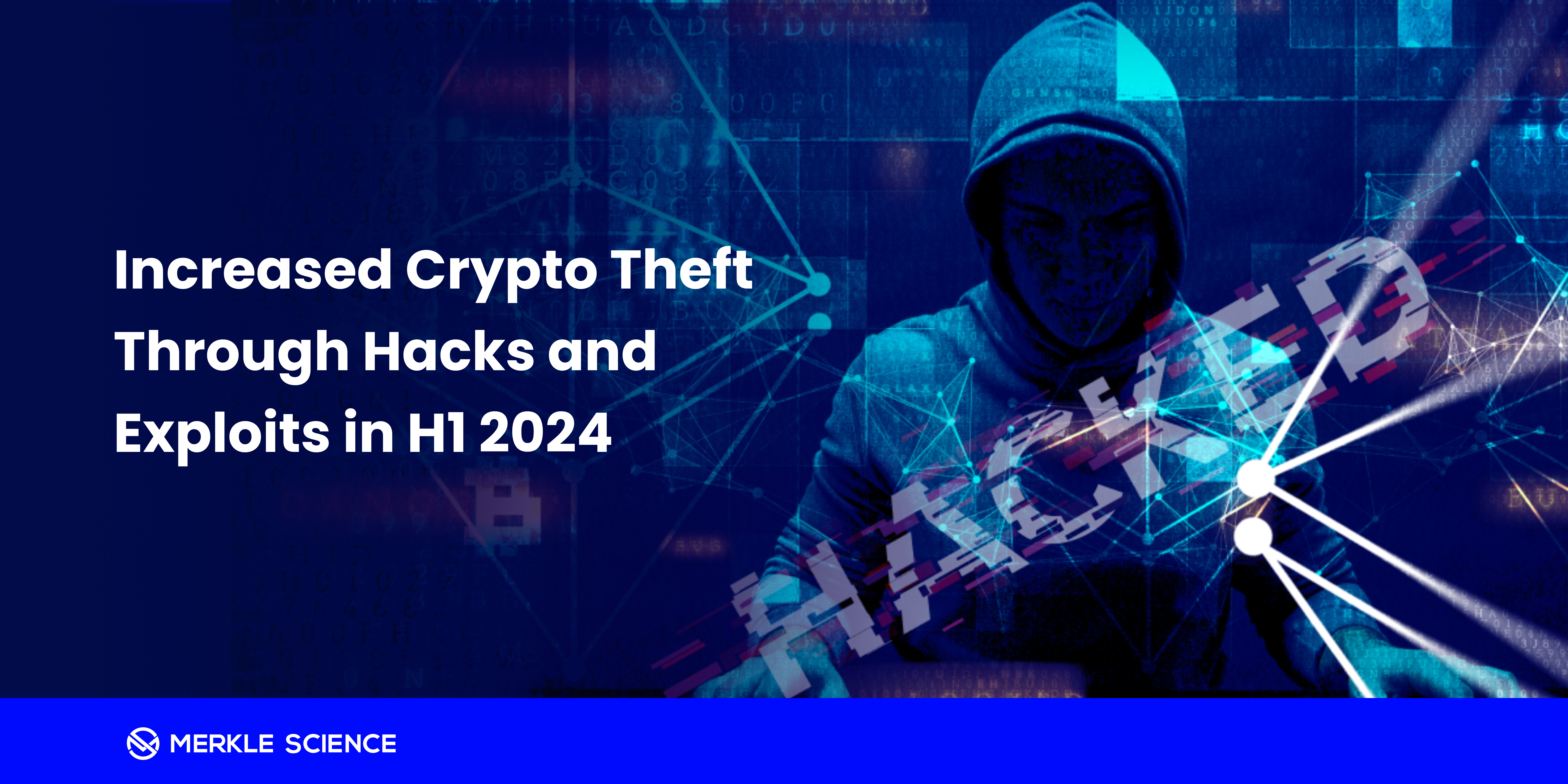November 2024 Ruling Overturns Tornado Cash Sanctions
Mixershave been a key topic in regulatory debates in recent years. Although they have legitimate uses, they’ve also been used by criminals, leading to regulatory actions. Tornado Cash, a platform powered by immutable smart contracts, was sanctioned in 2022, causing controversy over whether code itself can be sanctioned. In 2024, this decision was overturned. This article explains what Tornado Cash is, why it was sanctioned in 2022, and how a court decision in November 2024 ruled that smart contracts don’t fit within current legal frameworks.



